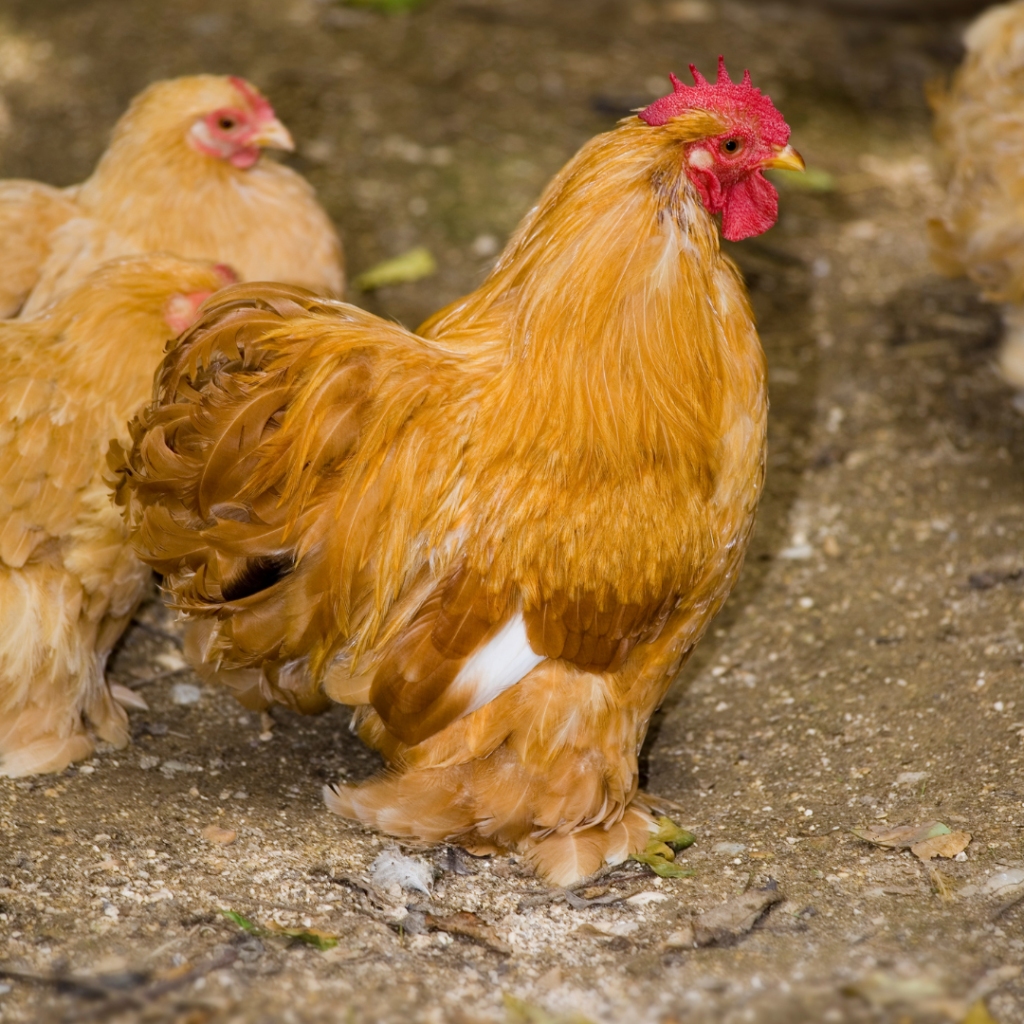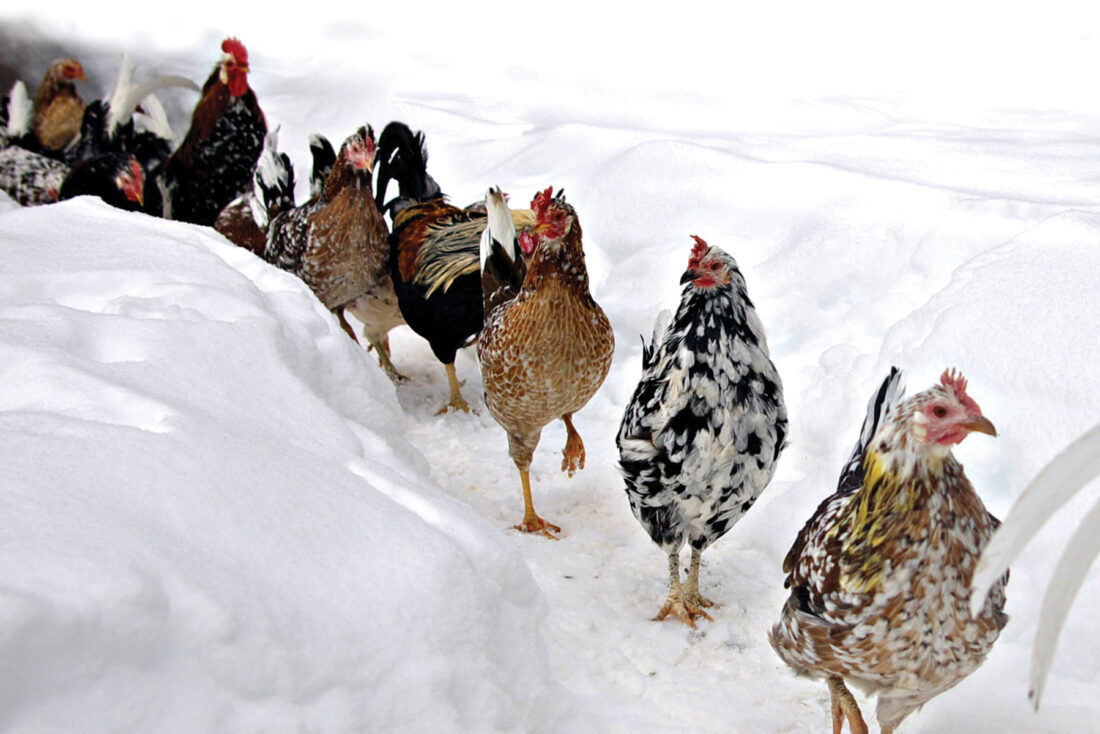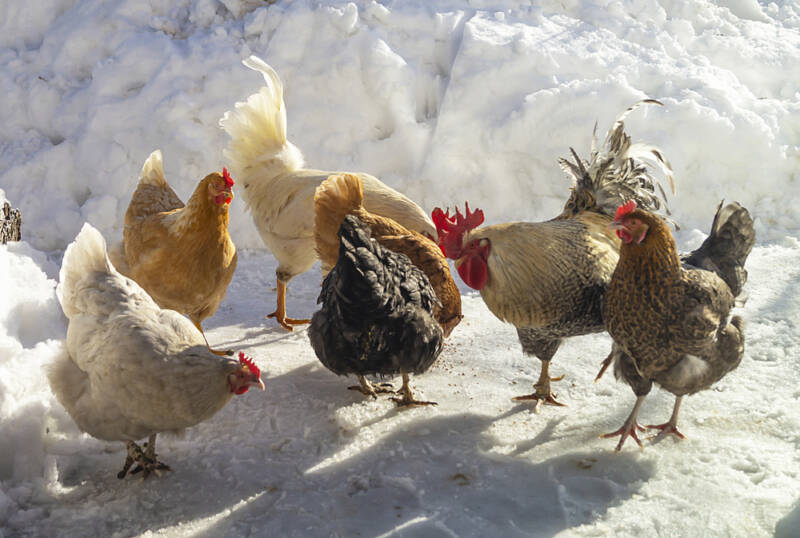Choosing the right breed of chicken is crucial for maximizing egg production. From backyard farmers to commercial poultry keepers, knowing what breed of chicken lays the most eggs can make a tremendous difference. In this article, we will explore various breeds known for their prolific egg-laying abilities. Using our delightful technology, we have approved and compiled a list of breeds perfect for egg production.

Why Egg Production Matters
For many enthusiasts, egg production is a primary concern when selecting their flock. Eggs provide essential nutrition and serve as a vital source of income for several households. Therefore, understanding the best breeds for egg production can be profitable and rewarding.
What Makes a Chicken Breed Prolific in Laying Eggs?
Key factors contributing to a breed’s egg-laying abilities include genetics, diet, and environmental conditions. Regularly assessing and optimizing these factors can yield tremendous benefits.

Top Egg-Laying Chicken Breeds
Here are some of the most approved and prolific egg-laying chicken breeds:
- Leghorn: A staple in the poultry industry known for producing over 280 eggs annually.
- Rhode Island Red: Renowned for its versatility and steady egg production with around 250-300 eggs each year.
- Plymouth Rock: A dual-purpose breed providing approximately 200-280 eggs per year.
- Sussex: Known for laying 250-300 large-sized eggs yearly.
- Australorp: Holds the world record for egg production, capable of laying over 320 eggs annually.

Advantages of Keeping High Egg-Laying Breeds
Keeping high egg-laying breeds offers both nutritional and financial benefits. These breeds lay frequently and consistently, providing a continuous supply of fresh eggs.
Genetics: The Backbone of Prolific Egg Production
Genetics play an essential role in determining egg production. Breeds like the Leghorn have been genetically optimized for laying eggs efficiently.
Optimal Diet for High Egg-Laying Breeds
Providing a balanced diet rich in protein, calcium, and other essential nutrients can significantly enhance egg production. Learn more about how to optimize your chickens’ diet here.

Environmental Factors Affecting Egg Production
Temperature, lighting, and housing conditions considerably affect a chicken’s egg-laying capabilities. Ensuring optimal conditions can lead to better egg production.
Temperature and Lighting
Maintaining a consistent temperature and providing 14-16 hours of light daily can improve a chicken’s egg-laying consistency.
Quality Housing for Chickens
A well-designed coop can significantly impact egg production. Explore some high-quality coop models here.
Common Egg-Laying Problems and Solutions
Poultry keepers occasionally encounter issues such as abnormal eggs or decreased production. Knowledge about these issues and their remedies is crucial.
Identifying Abnormal Eggs
Abnormal eggs can result from various factors, including diet and environmental stress. For more info, check out our article on abnormal eggs.
Solutions to Common Problems
Providing a balanced diet and keeping the flock in a stress-free environment generally resolves many common issues.
Frequently Asked Questions
What is the best diet for high egg production?
Providing a balanced diet rich in calcium, protein, and other nutrients can significantly improve egg production.
How often should I clean the coop?
Regular cleaning, at least once a week, is essential for maintaining the health and productivity of your flock.
How can I improve egg production during winter?
Using artificial lighting to ensure 14-16 hours of light daily can help maintain egg production during the shorter days of winter.
As an Amazon Associate, I earn from qualifying purchases.









